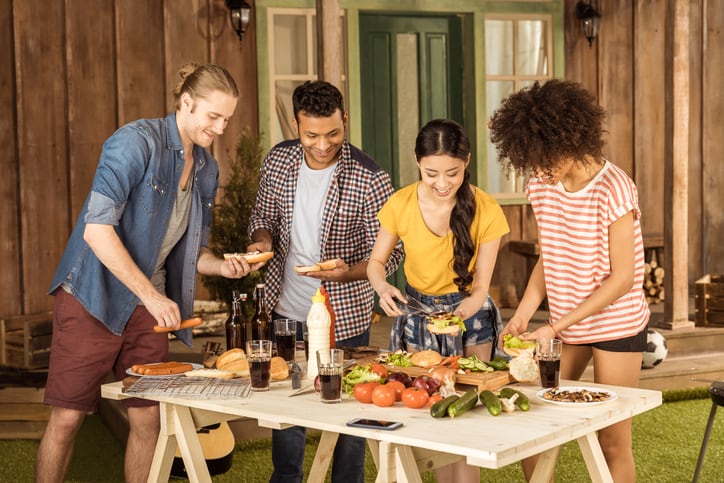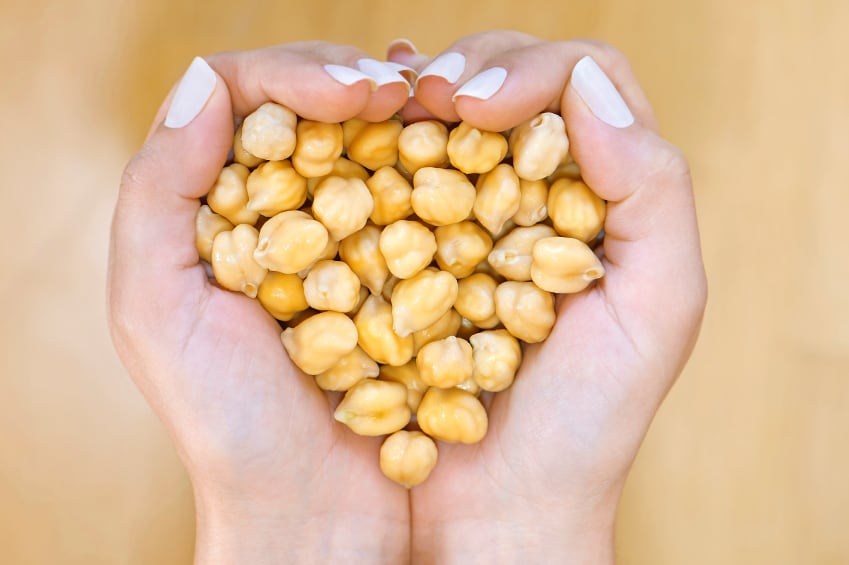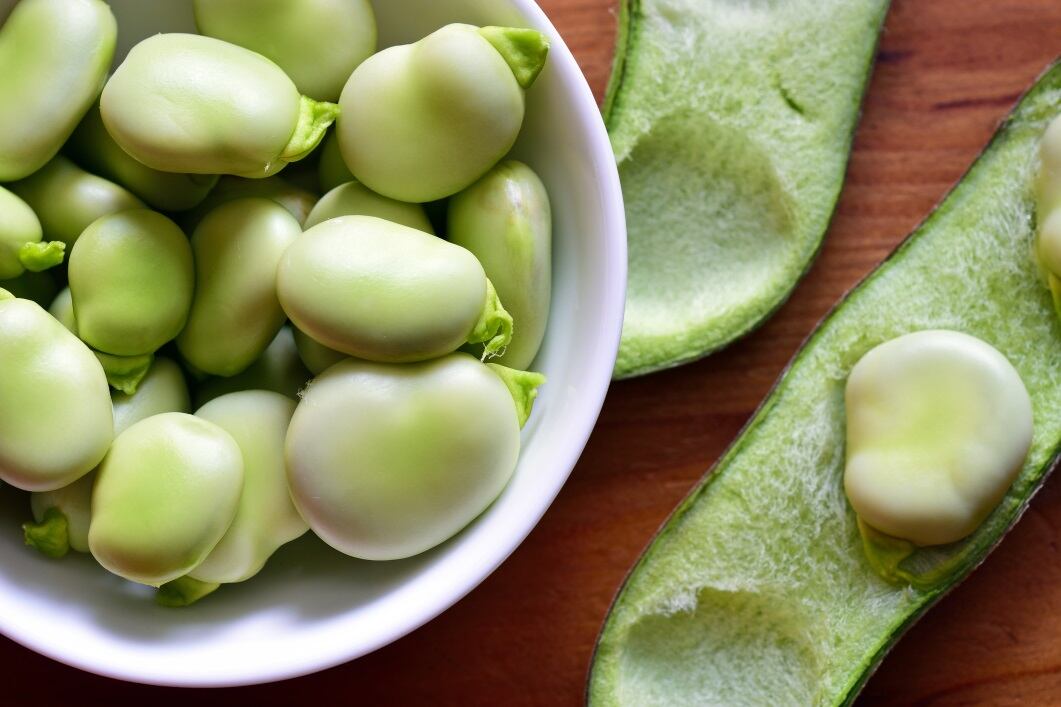Foods for Tomorrow turned three last week. Celebrating the anniversary, the Spanish start-up’s founder and CEO Marc Coloma can look back on a period of rapid R&D rollout and significant growth.
The company, which started with a plant-based chicken product, now offers a range of plant-based beef alternatives and ready meals like pizza.
“Since the first year we have been growing exponentially by four and this is what we want to continue doing in the upcoming years. We closed 2019 with a €2.5m turnover,” Coloma told FoodNavigator.
As ‘corporate activists’, Coloma reflected that Foods for Tomorrow’s purpose is reflected in its plant-based products which are ‘a solution to our global mission’. The business philosophy of the plant-based innovator is informed by ‘our background in the fourth sector’, which combines the market-based approaches of the private sector with the social and environmental aims of the public and non-profit sectors.
“Our drive to create Heura plant-based meat was to make the current food system obsolete. Therefore we make alliances with mission aligned partners to accelerate the shift to a world where animals are out of the meat production equation,” the food entrepreneur suggested.
Product priorities: 'meaty', clean label and nutritious
What is Foods for Tomorrow’s recipe for success? Alongside its mission, the company has been able to differentiate its products in the crowded plant-based market. “There are two main things that make our products unique: our nutritional [profile] and our Mediterranean culinary heritage,” Coloma elaborated.
Heura’s innovation efforts have concentrated on developing clean label recipes that are more nutritious than other plant-based products on the market.
“Our in-house R&D team is focused to get a shorter and shorter ingredients’ list, better nutritional profiles and meatier experience.
“Heura chicken is 100% clean label, we only use water, soy, olive oil, salt, natural flavour, spices and B12 vitamin. Our R&D team is constantly working with that mindset and this is why all Heura products are categorized as ‘excellent’ by the nutritional app, Yuka.
“Heura meatballs and burger have already half of the ingredients when comparing them with the main competitors. Our burger has 10% less calories than market average and 26% less fat.”
Coloma believes that these attributes will become increasingly important as the nutritional credentials of meat analogues come under scrutiny, with critics already suggesting that the health benefits of upping your intake of plant-based foods are dampened because these products are ultra-processed.
“At the moment, the most important attribute in the landscape is the ‘meat’ experience [in terms of] the look, texture, smell and flavour. People can’t recognize that our chicken is plant based.
“The main factors differentiating the plant-based meat products soon will be fat levels, clean labels and price,” he predicted.
COVID-19: ‘We are at an inflection point’
Speaking from Spain, one of the countries that has been worst hit by the coronavirus pandemic, Coloma said that the crisis has increased the importance of healthy diets. “It will bring more consciousness of the consequences of the way we eat. Society will hopefully shift to a diet more aligned to their values,” he noted.
“Globally, it will certainly be an inflection point for everyone to think about how the way we eat affects to our lives. We hope society will start being more conscious of the consequences of eating animals for our health and the health of our planet.”
The disruption caused by COVID-19 has had an impact on Foods for Tomorrow’s foodservice business, prompting it to ‘modify’ its expansion plans. However, the start-up was somewhat buffered from the impact because over the past three years it has ‘diversified’ its distribution channels, both nationally and internationally. “This has allowed us to keep delivering Heura products around the world by retailers and restaurants which offer delivery.”
‘Heura is a little revolution’
As the Heura brand continues to grow, the company will focus its strategy on product development, expanded distribution, price and community building.
When it comes to product development, Coloma said the company wants to get the ‘widest and greatest’ product range to market, with a focus on ‘assuring the cleanest labels and the meatiest experience’.
Increased distribution is important because being more accessible internationally will give people the ‘freedom’ to choose meat-free products that are clean label and nutritious, he continued. And in this vein, price is also important. “We want to democratise plant-based meat options because we know every dish with Heura is a little revolution.”
Part of this ‘revolution’ is a ‘game changing’ approach to engagement and community, the chief executive continues. “Apart from great products we want to inspire and drive change in society, placing the debate about the need of a protein transition in the centre.”




